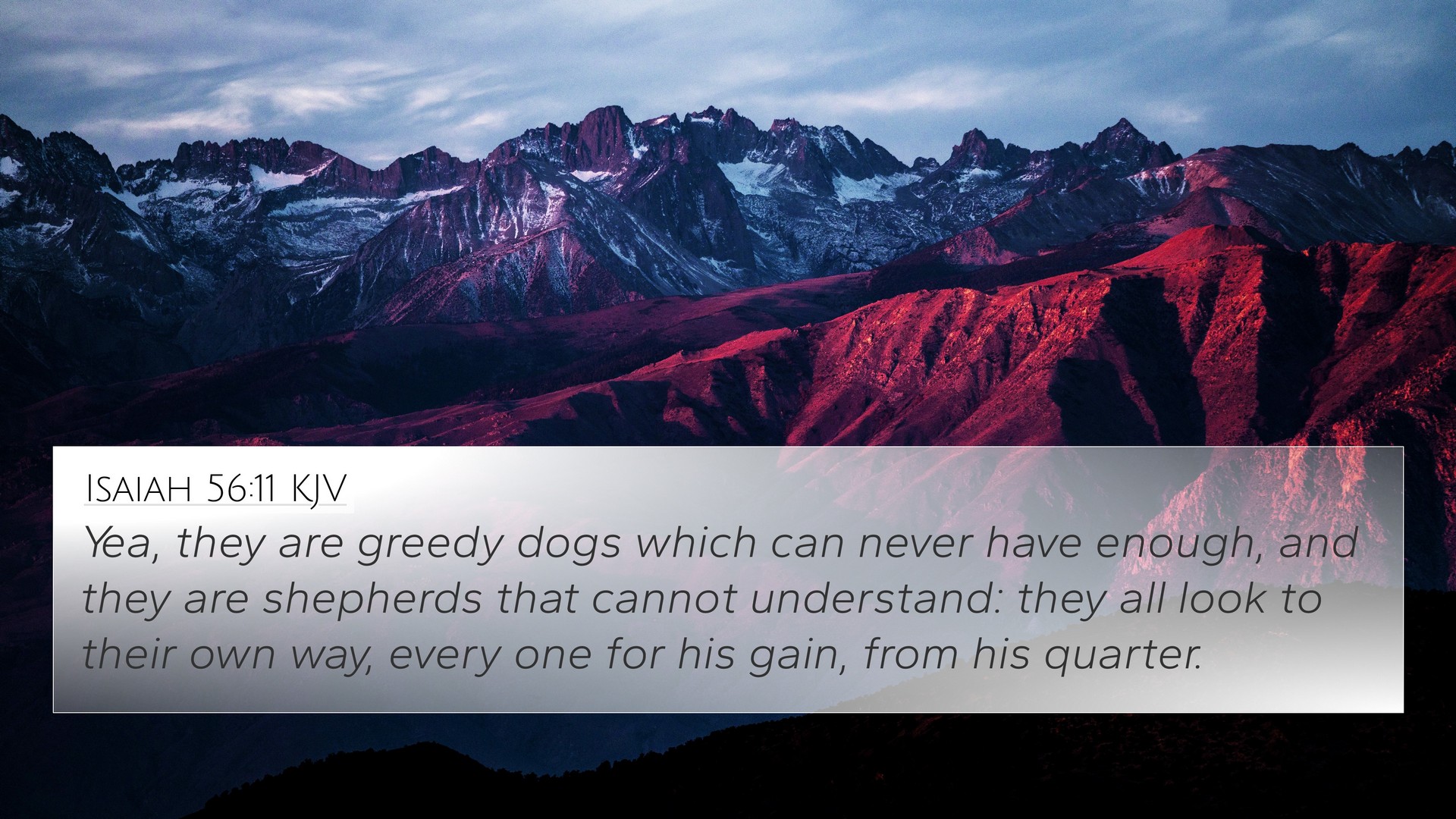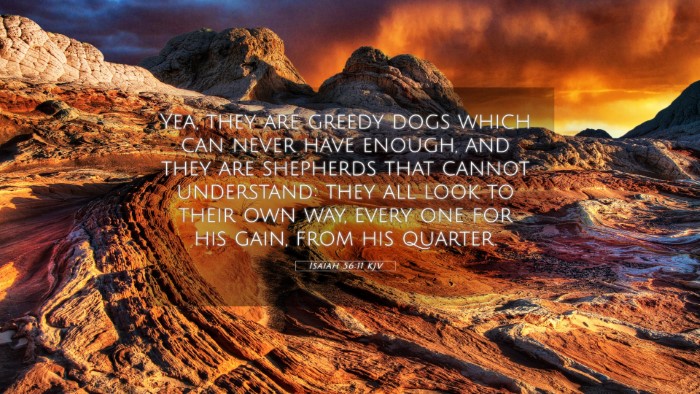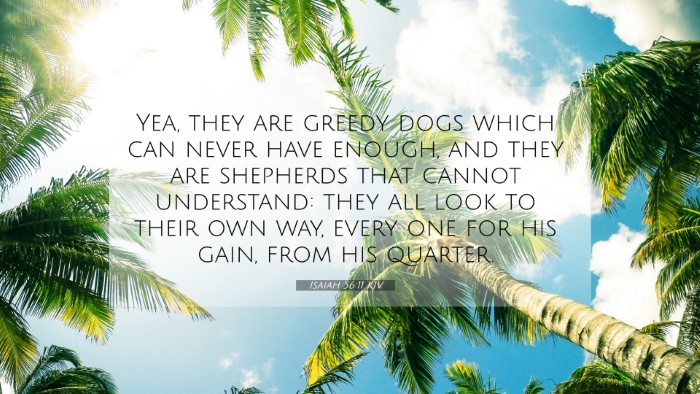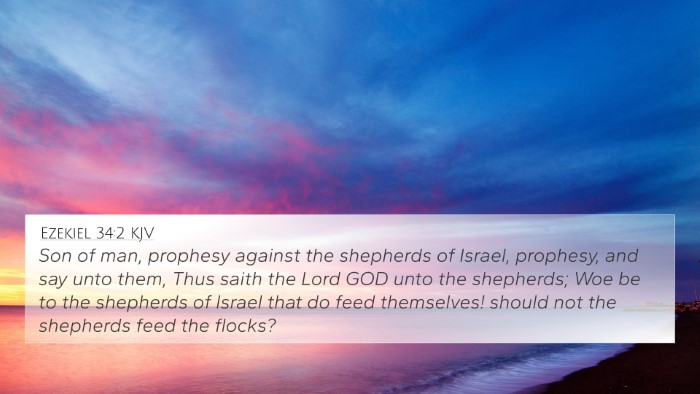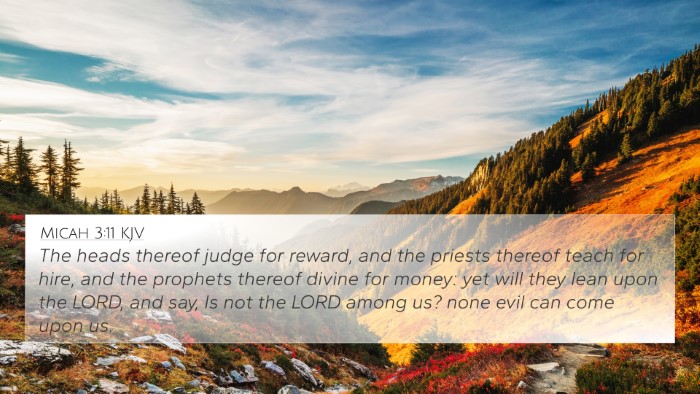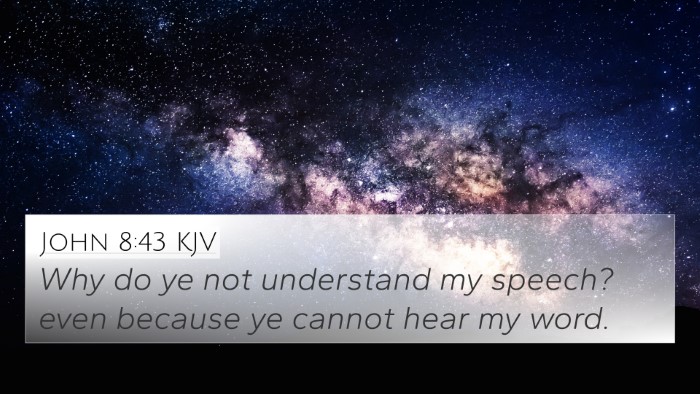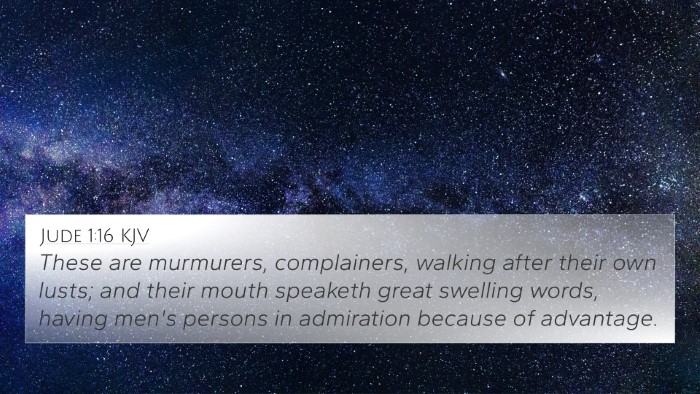Understanding Isaiah 56:11
Verse: Isaiah 56:11 states: "Yea, they are greedy dogs which can never have enough, and they are shepherds that cannot understand: they all look to their own way, every one for his gain, from his quarter."
This verse serves as a prophetic condemnation of the leaders (shepherds) of Israel, who are likened to dogs that are insatiable and self-serving. The imagery of dogs in this context indicates a lack of true pastoral care and a focus on personal gain rather than the welfare of the flock.
Commentary Insights
Matthew Henry's Commentary: Henry emphasizes the greed and selfishness of the spiritual leaders during Isaiah's time. He notes that these "greedy dogs" symbolize those who are supposed to guide the people but instead exploit them, failing to nurture their spiritual needs. He suggests that true leaders should be focused on the welfare of their congregation, unlike these morally deficient shepherds.
Albert Barnes' Notes: Barnes interprets the 'dogs' as a metaphor for unworthy leaders who pursue trivial gains and personal satisfactions over spiritual values. He also highlights their inability to understand the true needs of the people, indicating a complete failure in their role. Barnes provides a contrast between godly wisdom and the foolish pursuits of these leaders, implying that firmness in leadership requires a heart turned towards the divine.
Adam Clarke's Commentary: Clarke draws attention to the characterization of the leaders as 'those who cannot understand'. He critiques them for looking out for their benefit at the expense of the people they are meant to protect. Furthermore, Clarke connects this portrayal with the broader themes of responsibility and accountability in leadership, suggesting that God will hold these shepherds accountable for their actions.
Cross-References
Isaiah 56:11 resonates with several other scriptures that enhance the understanding of this verse:
- Psalms 23:1-2: The Lord as the good shepherd, contrasting with the 'greedy dogs' of Isaiah.
- Ezekiel 34:2-4: God condemns the shepherds of Israel for neglecting their duty to care for the flock.
- Jeremiah 10:21: A similar condemnation of leaders who do not seek guidance from the Lord.
- Matthew 7:15: Warning against false prophets who come in sheep's clothing, emphasizing the theme of deception.
- John 10:12-13: Christ speaks of the hireling who abandons the sheep when danger comes, paralleling the failures of the leaders in Isaiah's time.
- James 3:1: A reminder of the greater judgment that falls on those who teach and lead others.
- Acts 20:29-30: Paul warns the Ephesian elders about wolves that will arise among them, similar to the 'greedy dogs'.
Thematic Connections
Greed and Selfishness: The defining attributes of the leaders in Isaiah 56:11 highlight a recurring biblical theme concerning the nature of true leadership contrasted with exploitative motives.
Accountability in Leadership: Biblical texts often emphasize that leaders will be judged for their actions, especially in the context of their influence over God’s people.
This intersection of various scriptures demonstrates the importance of guarding against false leadership and the pursuit of selfish interests while encouraging an authentic commitment to caring for the spiritual well-being of the community.
Conclusions
Isaiah 56:11 serves as both a historical account and a timeless warning regarding the nature of spiritual leadership. The failure of leaders to nourish and protect their flock, as outlined in this verse, remains relevant in discussions about church governance, accountability, and moral integrity in leadership across different times and contexts.
Those seeking a deeper understanding of this scripture should utilize bible cross-reference guides and concordances to explore the rich interconnections between these verses and to gain insights into the broader themes of scripture.
